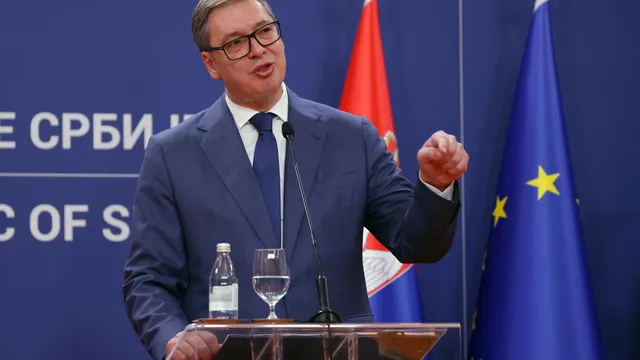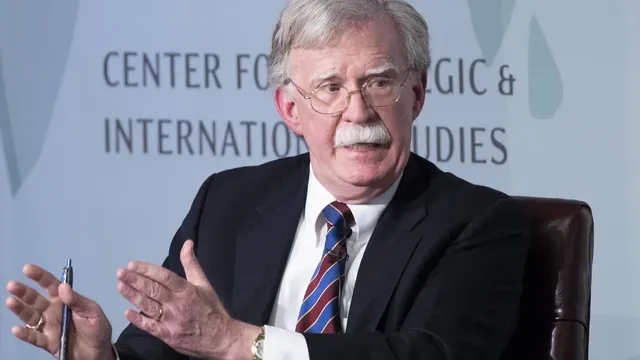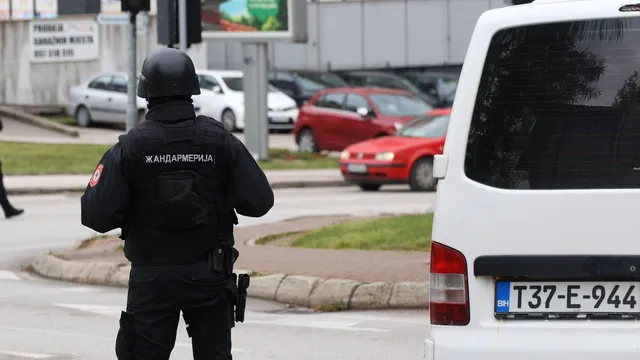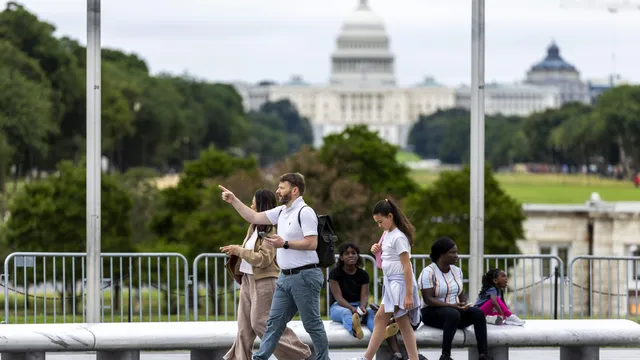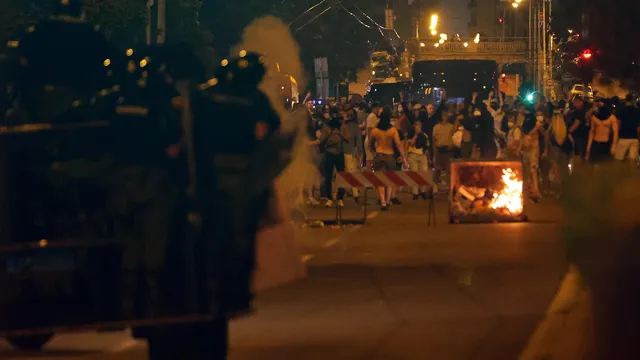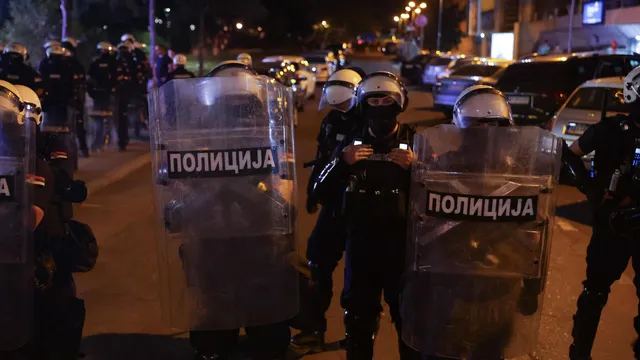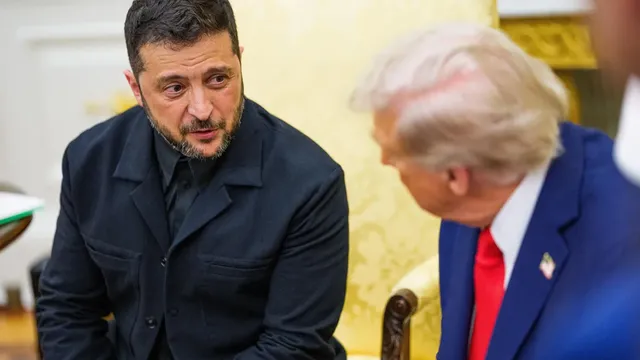On August 22 Serbian president Aleksandar Vučić invited representatives of the protesters to a public debate, RFE/RL reported. In a video address on Instagram he said he was ready to speak in front of television cameras and all online media. “I invite representatives of the blockade movement to discuss visions, plans and programmes for the future and together to condemn the violence on our streets,” Vučić said.
The protests in Serbia have now lasted for more than nine months. Their main demand is that those responsible be held to account for the deaths of 16 people when the canopy at the Novi Sad railway station collapsed. Students are leading the demonstrations and are also demanding early parliamentary elections, arguing that the state has done nothing to identify those responsible for the tragedy. The government, however, has firmly refused to call elections.
The students’ response to Vučić’s invitation was unequivocal. Students from the Faculty of Philosophy at the University of Belgrade said they would speak with the president only after elections are announced. “It is obvious there is no response to the popular uprising and now he wants to talk with us, whom he has been calling terrorists for months. We will debate the future during the election campaign, once the elections are scheduled,” they said.
Students from the Faculty of Agriculture in Belgrade commented: “Fine, when elections are called.” The Faculty of Law in Niš was equally clear: “Call elections. We have nothing else to talk about.” The Faculty of Electronics in Niš stressed that students have had clear and concrete demands for months, while the state’s response has been only “beatings and open threats that intensify every day.”
Vučić’s call for dialogue came after nearly ten months of protests that have escalated across Serbia over the past two weeks. During the last 15 days the demonstrations became mass events and were often dispersed with force by police using tear gas and stun grenades. There have been numerous arrests, and some of those detained were severely beaten.
Since December more than 30,000 protest actions have taken place, during which students and citizens have demanded accountability from the government of the Serbian Progressive Party—headed until May 2023 by Vučić—for the Novi Sad tragedy of November 1. In May the protesters reiterated their demand for early parliamentary elections.
Against this backdrop, on August 22 the UN High Commissioner for Human Rights Volker Türk called for an end to the violence during the protests in Serbia. “A peaceful resolution is the only way out of this difficult situation,” he stressed in a post on X, urging respect for the right to peaceful assembly, restraint, and accountability for “the unjustified use of force by the police.” | BGNES

 Breaking news
Breaking news
 Europe
Europe
 Bulgaria
Bulgaria
